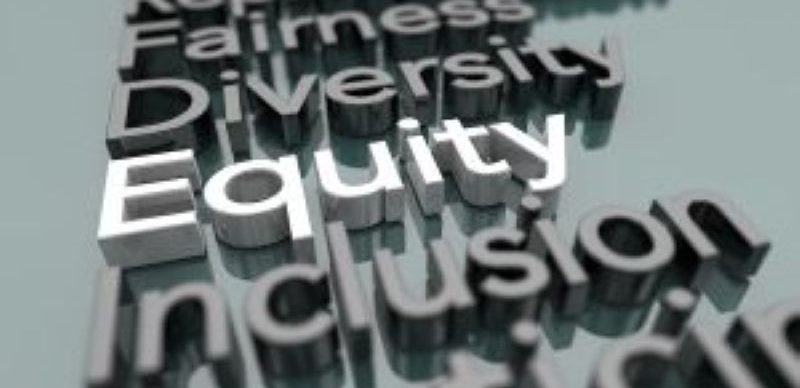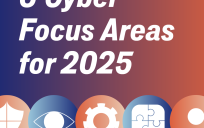
The Executive Order on Diversity, Equity, Inclusion, and Accessibility in the Federal Workforce, issued in the summer of 2021, was designed to strengthen the Federal workforce by making sure that workforce more accurately reflected the citizens it serves. A comprehensive group of guidelines and milestones for action were set by the EO around the establishment of a more formalized approach to Diversity, Equity, Inclusion, and Accessibility (DEIA) across government and within agencies. Agencies were tasked with assessing the current state of DEIA and developing plans to eliminate barriers, elevate the Chief Diversity Officer role, institute training, improve pay (including internships), and re-evaluate recruiting methods, among others.
In the last year some key changes have been made to move government toward the goals set out in the EO.
Show Me the Money
The government has always struggled to compete with the salaries offered by the private sector. In today’s tight market for labor, salary differences can make a huge impact on attracting and retaining talent. The Office of Personnel Management (OPM) implemented a federal government-wide $15 minimum wage, increasing pay for over 67,000 federal employees in every state in the country. The OPM administrator reports this single move has improved recruitment and retention as well as on-the-job productivity. Going above this $15 threshold, this fall, interns working at the White House will receive $750 weekly stipends. This works out to $18.75 per hour.
In addition to straight salary, the government is looking at other creative benefits to offer public servants. The Education Department is proposing the Public Service Loan Forgiveness Program, which eliminates debt for those who have made 10 years of regular payments while working for a qualifying government or nonprofit organization.
Looking Beyond Degrees
OPM has also issued guidance instructing agencies to expand skill-based hiring, decreasing the importance placed on educational degrees and self-assessments. This approach ensures that managers focus on what skills candidates have, and not where they acquired those skills.
This is admittedly a shift in how job candidates are evaluated and the U.S. Digital Service is embedded in over half a dozen agencies to help build capabilities to implement skills-based hiring. One technique is using subject matter expert qualification assessments, or SME-QA. This approach draws subject matter experts into the hiring process to help human resources drill down on what proficiencies a job requires and review resumes and skills assessments. The State Department used this process to hire data scientists and found that their applicant cap of 250 people had been reached after only one day of posting the position.
Prioritizing Training
The Biden Administration has reinstated diversity training across government and many agencies are getting creative with how they tackle the topic.
- The U.S. Army is preparing sexual harassment prevention and response technique training via virtual reality (VR) technology. The program will fully immerse soldiers into real-world scenarios where they can learn how to intervene, respond, and report sexual harassment/assault response as well as prevent related incidents.
- Similarly, the military is using VR to practice de-escalation techniques with many different populations and scenarios. Personnel can use a VR application to create realistic interactions where they can de-escalate a situation using diplomacy rather than weapons.
- The Social Security Administration has also implemented several training programs to build employee skill sets that promote respectful and inclusive workplaces, increase knowledge of agency accessibility practices, and increase understanding of implicit and unconscious bias. An online course on implicit bias saw a 98% workforce completion rate.
- The Department of Labor is integrating DEIA into its Veterans’ Employment and Training Service to help advance equity and inclusion in underserved veteran communities.
One year is clearly not enough time to solve diversity and inclusion issues in the workplace, but through some innovative programs and continued mandates and guidance the Federal Government is making progress in becoming a workplace that accurately represents the people it serves.
As the founder of GovEvents and GovWhitePapers, Kerry is on a mission to help businesses interact with, evolve, and serve the government. With 25+ years of experience in the information technology and government industries, Kerry drives the overall strategy and oversees operations for both companies. She has also served in executive marketing roles at a number of government IT providers.





Leave a Reply
You must be logged in to post a comment.